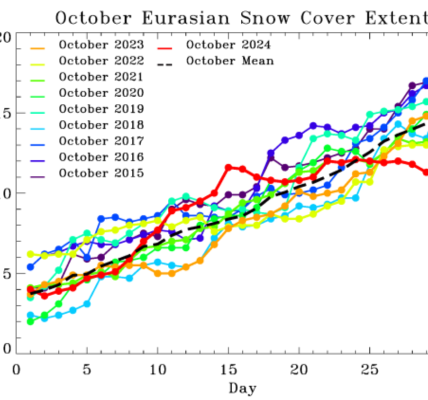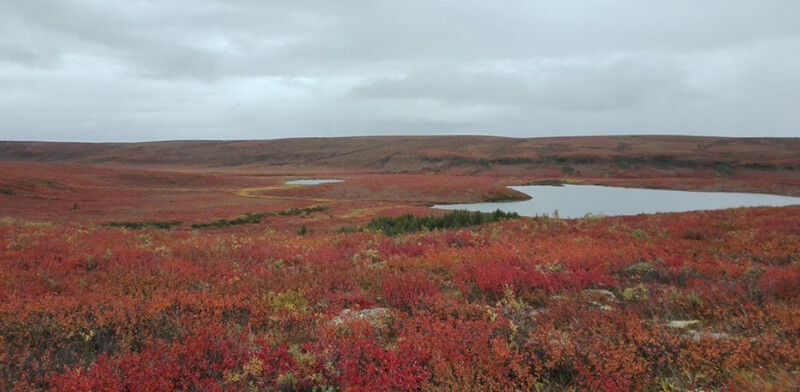“Being featured on the cover is a kind of international accolade for the work of our entire team,” says Professor Wendisch. “The publication will help to make our results even more visible beyond the narrow circle of specialists, within the entire international community of meteorologists, oceanographers and climate scientists.”
The bulletin, which has been published by the American Meteorological Society since 1920, first published the “Review of First Results and Prospects of the (AC)3 Project” in January. Here is a summary of the article:
The Arctic is warming two to three times faster than the rest of the world. This phenomenon is known as Arctic amplification. To understand this warming, the DFG-funded Transregional Collaborative Research Centre (AC)³ was established in 2016. It includes modelling and data analysis efforts as well as observational elements.
The project has generated a wealth of ground-, air-, ship- and satellite-based data on the physical, chemical and meteorological properties of the Arctic atmosphere, cryosphere and upper ocean, which are available to the Arctic climate research community. Some 1700 data sets alone are stored on a freely accessible research data server, www.pangaea.de, which is operated by the University of Bremen and the Alfred Wegener Institute. Global coupled atmosphere-ocean models have been continuously developed as part of the Collaborative Research Centre’s work.
The scientists used existing and new data to identify short-term changes and indications of long-term trends in Arctic climate variables. For example, they found that the Arctic atmosphere has become significantly moister and regional storm activity has increased. Winter warming in the regions around Svalbard and the North Pole has increased, resulting in a decrease in sea ice thickness in the Fram Strait and in snow depth on the ice.
In order to better link results in the future, researchers are developing cross-cutting themes to answer key questions in four focus areas: lapse rate feedback, surface processes, Arctic mixed-phase clouds, and airmass transport and transformation.
Arctic Amplification: Transregional Collaborative Research Centre (AC)³
The (AC³) research network includes Leipzig University, the Universities of Bremen and Cologne as well as the Alfred Wegener Institute, Helmholtz Centre for Polar and Marine Research (AWI) and the Leibniz Institute for Tropospheric Research (TROPOS) in Leipzig. The aim of the network is to observe the current dramatic climate change in the Arctic using a variety of methods in order to improve the reliability of models that predict the observed warming in the Arctic.



